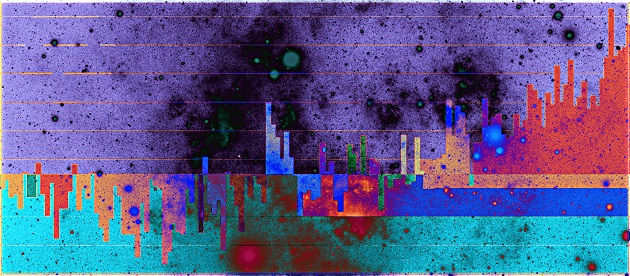Climate Solutions Teach-in
The SIU Climate Solutions Teach-In is part of the "Solve Climate By 2030 Movement"
"Beyond Climate Despair: Realistic Optimism: The very good news on climate is that clean energy solutions—solar, wind, battery storage, electric vehicles and more—have gotten cheap and are getting cheaper. In many markets, these solutions now cost substantially less than the polluting, fossil fuel alternatives. Scaling up climate solutions is increasingly about smoothing the paths for adoption, and much of this work needs to happen locally within cities and states across the world. Local action around climate solutions can open the road to solving the energy side of climate over the next decade. On 30.3.22 help focus the world on what we can all do to lead the change."
